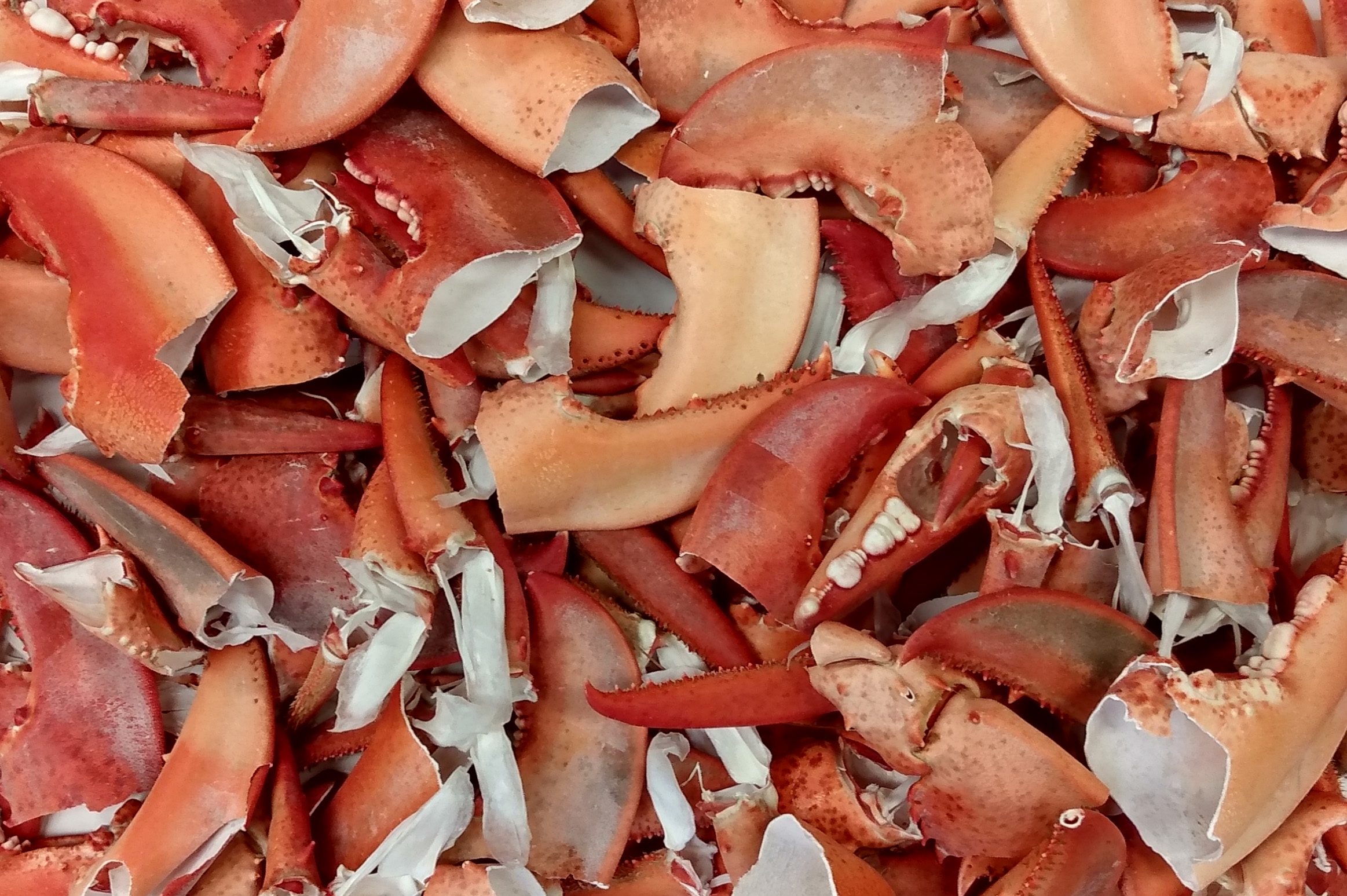Shellfish Waste Engineered to Preserve Produce for Healthier, Longer Shelf Life
University of Maryland researchers enhancing food preservation technologies have engineered a seafood-waste material that removes chemical pesticides from produce and extends shelf life. The new technology, made of a derivative of crab and shrimp shell waste, is designed to form a one-dimensional nanocrystals layer on the treated produce, removing the presence of pesticide and herbicide residues. The work, published in the journal Matter, came as a collaboration among researchers in the Departments of Materials Science and Engineering (MSE) and Nutrition Food and Science (NFSC). Health risks associated with the presence of chemical residues on produce poses significant risks concerning consumers. Common household cleaners, ranging from vinegar and soda solutions to more costly alternatives like hydrogen peroxide and ozone, are widely used for pesticide and herbicide removal, but are either ineffective or damaging to the produce's appearance and taste. They may also shorten the shelf life due to micro-wounds formed on the fruits’ surface during washing. To address this issue, researchers developed a new type of porous material made of chitosan (abundantly present in shellfish waste), which is biocompatible and shows high efficiency in chemical residual absorption. The antimicrobial properties of this new technology also enhance produce shelf life. “This work offers a viable solution to improve food safety associated with our daily life. The collaboration between the departments of NFSC and MSE has been fruitful,” said Qin Wang, a professor in nutrition and food science. Consisting only of materials and chemicals that are Generally Recognized as Safe (GRAS), a designation established by the U.S. Food and Drug Administration, the technology is also highly scalable. Studies were led by MSE’s Distinguished University Professor Liangbing Hu, Assistant Research Professor Yimin Mao and Associate Dean for Research Robert Briber, as well as NFSC’s Postdoctoral Associate Peihua Ma, Chair and Professor Cheng-I Wei, and Wang.
July 12, 2024 Prev Next |


